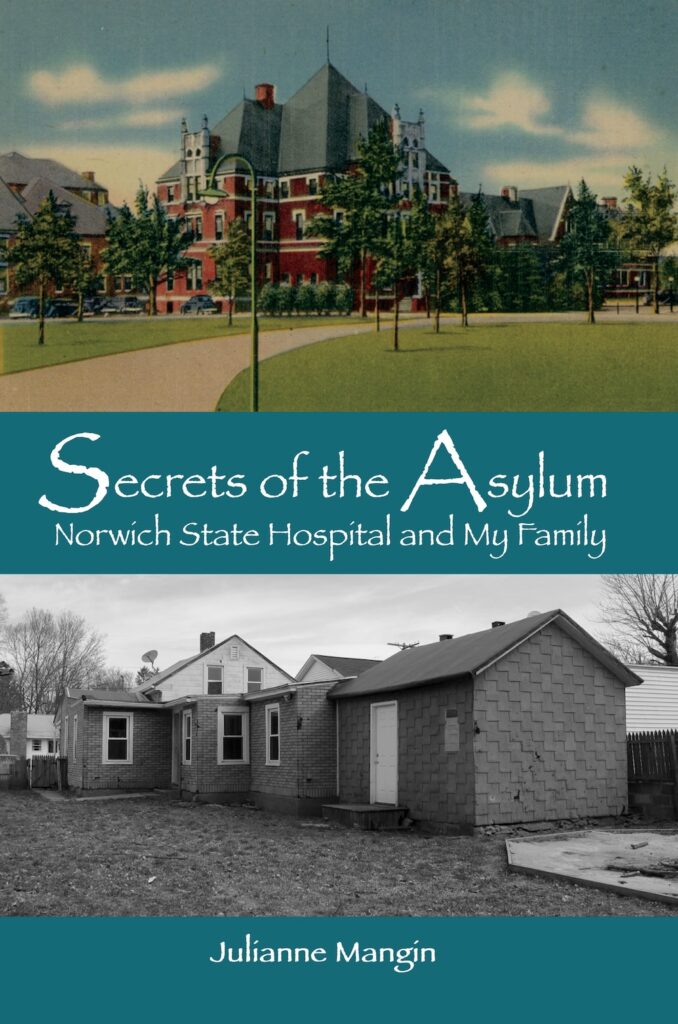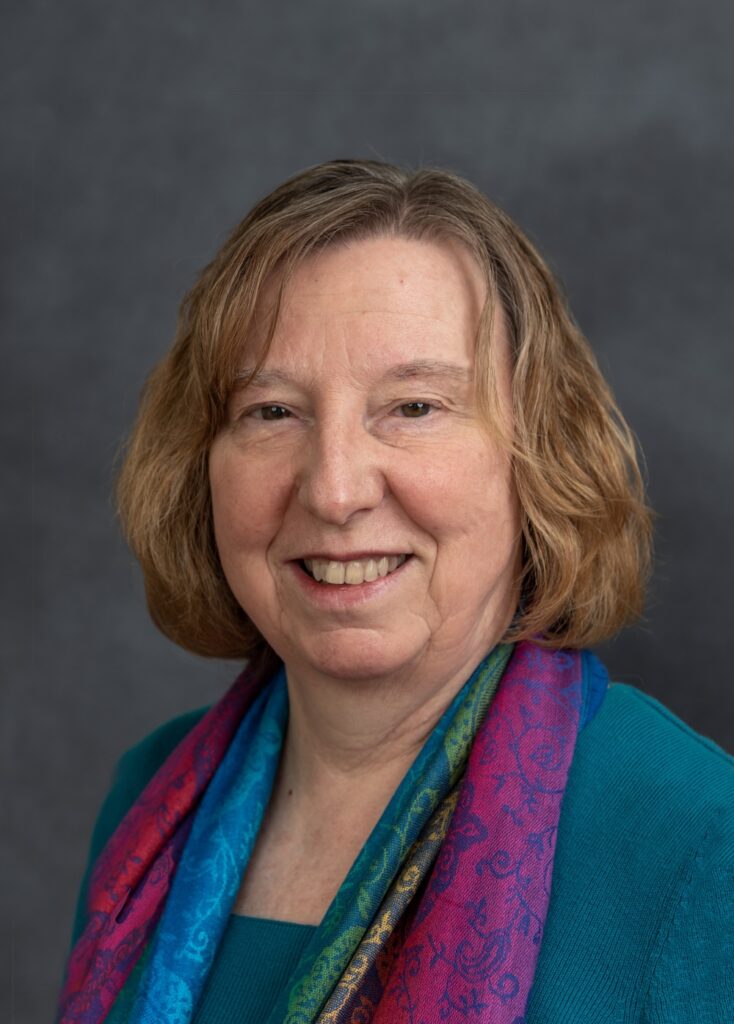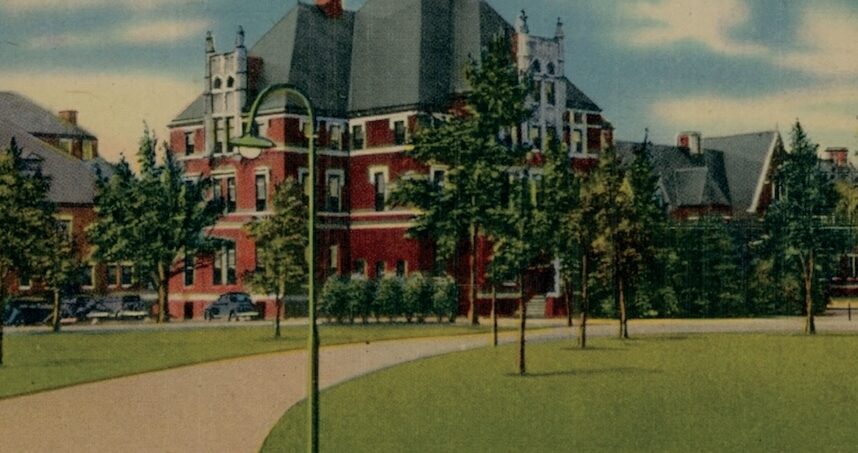When Julianne Mangin was young, her mother, Pauline, would recite these meager facts of her own family history: that her mother ran a delicatessen, a business set up by her uncle; that when Pauline was six, her mother was sent to a mental hospital; and that the girl was then taken from her “good father” and left to grow up in a county home. Over time, Mangin came to wonder why these memories, recalled without emotion or elaboration, came to summarize the family history. How accurate were they, and what wasn’t being said? Secrets of the Asylum—a decades-long endeavor to answer these questions, points to the limitations of family lore and the power of denial.
In 2012, after her mother moved to an assisted living apartment, Mangin took possession of boxes of her photo albums and—though she had little interest in them—her genealogy files. But several weeks into retirement from her career as a librarian at the Library of Congress, she became curious. What she found was a haphazard collection of records, with duplicate and misplaced files and great gaps in research—surprising since her mother had also been a student of library science.
Mangin took up the task of organizing the materials even though she had no desire to pick up where her mother had left off. But as anyone who’s jumped into genealogy rabbit holes knows, once you start, even if reluctantly, it’s nearly impossible to stop. Mangin became curious about the gaps in her mother’s records, wondering if they were intentional and whether they existed because additional information might upend the stories Pauline told herself.
The culmination of years of dogged detective work, Mangin’s book is deeply researched and equally deeply thoughtful. After obtaining a trove of records from Norwich State Hospital and combining the information they contain with that from her own relentless fact-finding, she pulls on the threads of mental illness running through four individuals on the maternal side of her family and traces the effect of their illnesses and incarcerations on their descendants.
Her journey of discovery demonstrates that genealogy is more than a matter of tree-building. It’s evidence, as Shakespeare wrote, that “What’s past is prologue.” Her story movingly illustrates the way the past informs the present—how understanding the past helps us better know ourselves. Mangin, for example, gained insight into her relationship with her mother by uncovering the generational trauma that molded them both.
It was a realization that dawned slowly for the author. “I started out, during my transformation from reluctant genealogist to ardent family historian, just wanting a version of my family that made sense…. I sensed that there might be a bigger benefit to knowing the truth about the past, but wasn’t sure what it might be,” she writes. “Putting the facts along a timeline wasn’t enough. Sometimes, I had to wait until the meaning of these events evolved in my mind and the deeper connections between them emerged.”
She was deep into research before the purpose and significance of her quest became apparent. “I was starting to get it, why genealogists become obsessed with details of their ancestors’ lives,” she writes. “It’s the only way we can hope to know the people from whom we are descended, especially if they died before we were born. It was part of my need for a narrative, a story of where I came from, and what I might have inherited from my family line.”
While the story Mangin deftly weaves is highly personal and heartfelt, it’s also a slice of social history, examining both the consequences of poverty and the questionable treatment of the mentally ill in the first half of the 20th century.
And yes, as you might guess, there’s an NPE (not parent expected) in these pages, but you’ll have to read it to find out where.
—BKJ



